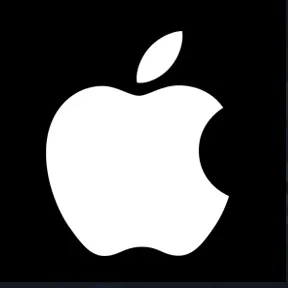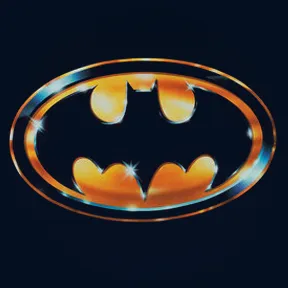Apple iOS 9.0 (2015)
iOS 9 is the ninth major release of the iOS mobile operating system developed by Apple Inc., being the successor to iOS 8. It was announced at the company's Worldwide Developers Conference on June 8, 2015, and was released on September 16, 2015. It was succeeded by iOS 10 on September 13, 2016.
iOS 9 incorporated many feature updates to built-in apps. Most notably, Notes received the ability to draw sketches with different tools, image insertion, prominent visual appearance for website links and map locations, and advanced list formatting; an all-new Apple News app aggregates articles from different sources; and Apple Maps received mass transit support, although in a limited number of locations at launch.
Major new system updates include proactivity, where Siri and advanced search are combined to make the operating system more contextually aware of information (such as time and location), and can provide the user with information ahead of time.
For searching, the proactive intelligence can display instant results in a widget-like format, including weather, sports, news, and more. iOS 9 also added multiple forms of multitasking to the iPad. In iOS 9.3, Apple added a Night Shift mode that changes the color of the device's display to a warmer, less "blue light" containing shade, to reduce any negative eye health effects on users' circadian rhythms. Additionally, iOS 9 brought new user experience functions, including Quick Actions, and Peek and Pop, based on the touch-sensitive display technology in the iPhone 6S. Quick Actions are shortcuts on home screen app icons. Users can preview ("Peek") at content without moving away from the current screen before they enter ("Pop") the previewed content into full view.
Reception of iOS 9 was positive. Critics praised proactivity and Siri for making the Notification Center a central location for all information, and the potential for future updates to improve the functionality. The new multitasking features for the iPad were complimented, as were drawing and photo insertion in the Notes app. However, Apple News was criticized for a low number of decent-looking articles, and Apple Maps was criticized for the limited geographical availability of mass transit support.
Five days after release, Apple announced that iOS 9 had been installed on more than 50% of "active" iOS devices, which Apple described as the "fastest adoption rate ever for a new operating system".
iOS 9 is the last iOS operating system with slide to unlock. With the release of iOS 10, Apple introduced the Today view, which was accessed by swiping to the right. Apple removed slide to unlock in iOS 10 because it would create confusion with users trying to unlock their phone, but instead being taken to the new Today view.

















































